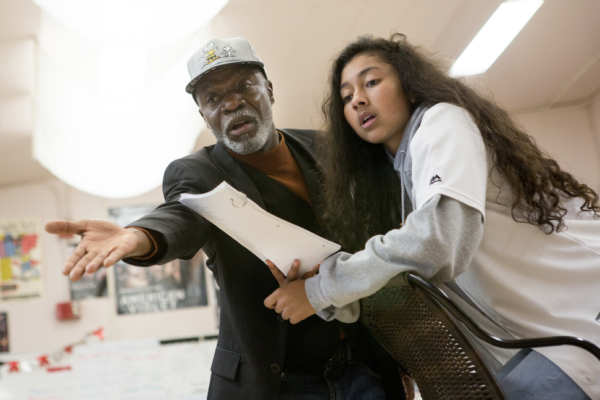School districts have used mentoring programs to help students develop a stronger connection to school and improve their academic outcomes. In a new working paper, researchers Matthew Kraft, Alexander Bolves, and Noelle Hurd explore what happens when mentoring relationships develop naturally at school; the results were positive.
The researchers examined data from the National Longitudinal Study of Adolescent to Adult Health with a sample of over 20,000 students in grades 7 to 12 in the 1994-95 school year. Specifically, they looked at the answers to the question: “Other than your parents or step-parents, has an adult made an important positive difference in your life at any time since you were 14 years old,” and follow-up questions about informal mentoring relationships during adolescence. The researchers looked specifically at respondents who identified K-12 school-based mentors.
The researchers found that more than 15 percent of adolescents identify a teacher, counselor, or coach as their most important mentor, relationships that often lasted beyond graduation. White and Asian students from wealthier families with higher levels of formal education are most likely to report having a school-based mentor.
The analysis showed that having such a mentoring relationship in high school had both short-and long-term benefits. Students who reported having a mentor were less likely to fail courses, had higher GPA’s, and averaged more credits a semester than students who did not have mentors. Further, the researchers found evidence of an increase in attending and persisting in college, as well as an increase in lifetime earnings..
Given the results and the inequitable distribution of informal mentors, the researchers suggest that schools focus on recruiting and retaining a more diverse teacher workforce so that students of color can more easily find mentors they identify with. The researchers also stressed the importance of preparing all teachers with the cultural competencies needed to form meaningful relationships with students from backgrounds different from their own.
By Catherine Dragone
